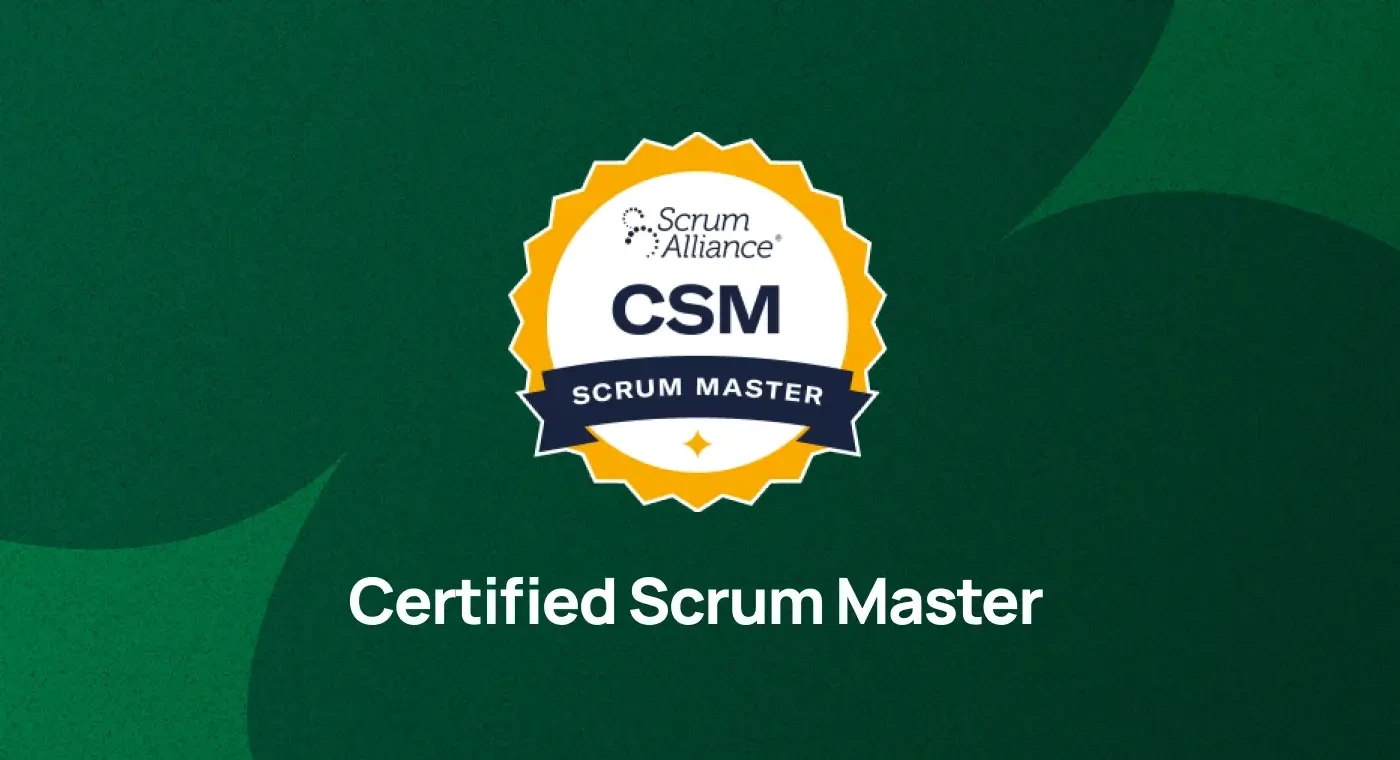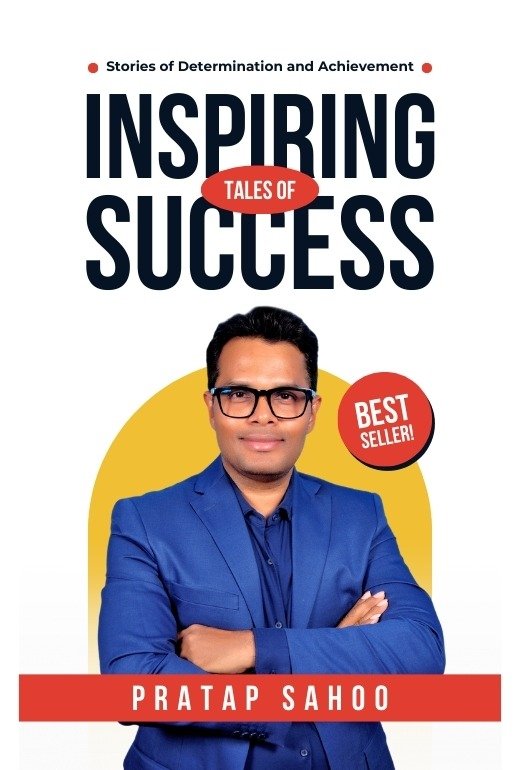Currently Empty: ₹0.00

Agile methodologies have transformed the way organizations approach project management, enabling teams to deliver value in a flexible and iterative manner. Two popular Agile frameworks, Kanban and Scrum, have gained significant recognition for their effectiveness in different contexts. Understanding the differences between Kanban and Scrum can help organizations choose the right Agile methodology based on their unique needs and requirements. In this article, we will explore the characteristics and benefits of Kanban and Scrum, enabling you to make an informed decision for your Agile projects.
Kanban: Visualize, Optimize, and Deliver Kanban is a Lean-inspired methodology that focuses on visualizing work, limiting work in progress (WIP), and optimizing workflow efficiency. It provides a continuous flow approach to project management, enabling teams to deliver value incrementally and respond quickly to changing priorities.
Key Characteristics of Kanban:
- Visual Board: Kanban utilizes a visual board, often represented as a Kanban board, where work items are represented as cards moving through different stages of the workflow. It provides real-time visibility into the status of work, facilitating transparency and collaboration.
- WIP Limits: Kanban emphasizes setting limits on the number of work items in progress at any given time. WIP limits prevent overburdening the team and encourage focused work, reducing bottlenecks and improving flow efficiency.
- Pull System: Kanban operates on a pull-based system, where team members pull new work only when they have capacity. This approach ensures that work is evenly distributed, preventing excessive multitasking and reducing context switching.
- Continuous Improvement: Kanban promotes continuous improvement by regularly analyzing workflow metrics and making incremental changes to optimize efficiency. Teams focus on identifying bottlenecks, reducing cycle time, and enhancing overall performance.
Scrum: Empower Teams and Deliver Value Scrum is an iterative and time-boxed Agile framework that emphasizes self-organizing cross-functional teams and regular inspection and adaptation. It provides a structured approach to project management, enabling teams to deliver value in short, fixed-length iterations called sprints.
Key Characteristics of Scrum:
- Sprints and Ceremonies: Scrum operates in fixed-length sprints, typically two to four weeks, where teams commit to delivering a set of work items. Sprints are time-boxed and include ceremonies such as sprint planning, daily stand-ups, sprint review, and sprint retrospective.
- Roles and Artifacts: Scrum defines specific roles, including the product owner, scrum master, and development team, each with defined responsibilities. It also includes artifacts such as the product backlog, sprint backlog, and potentially shippable increment to ensure transparency and alignment.
- Collaboration and Empowerment: Scrum promotes collaborative decision-making and empowers teams to self-organize and determine how best to achieve their goals. It fosters a culture of ownership, accountability, and shared responsibility within the team.
- Inspect and Adapt: Scrum emphasizes regular inspection and adaptation through the sprint review and retrospective ceremonies. These events enable teams to gather feedback, reflect on their work, and make necessary adjustments to improve performance in subsequent sprints.
Choosing the Right Methodology: While both Kanban and Scrum offer valuable Agile principles, selecting the right methodology depends on various factors:
- Workflow Characteristics: Kanban suits environments with unpredictable or constantly changing priorities, enabling teams to manage flow and respond to immediate demands. Scrum works well when there is a defined backlog and the ability to plan work in iterations.
- Team Dynamics: Kanban allows for flexibility in team size and composition, making it suitable for cross-functional teams with varying capacities. Scrum is ideal for cohesive and self-organizing teams with a fixed set of roles.
- Predictability vs. Adaptability: Kanban provides a more adaptable approach, while Scrum offers greater predictability through its fixed-length sprints and structured ceremonies.
- Project Complexity: Kanban is effective for managing continuous flow in less complex projects, while Scrum’s iterative approach is well-suited for complex projects with evolving requirements.
Conclusion: Choosing between Kanban and Scrum depends on the nature of your projects, team dynamics, and desired level of structure. Kanban’s focus on visualizing work and optimizing flow suits environments with unpredictable demands, while Scrum’s time-boxed sprints and structured ceremonies provide predictability and collaboration. Assessing your specific needs and aligning them with the characteristics of each methodology will help you determine the most suitable Agile approach for your organization. Remember, Agile methodologies are flexible, and you can adapt and tailor them to best fit your unique context and project requirements.
Lorem ipsum dolor amet con sectur elitadicing elit sed do usmod tempor uincididunt enim minim veniam nostrud.
Simon Baker
The Complete Camtasia
Excepteur sint occaecat cupidatat non proident sunt in culpa qui officia deserunt mollit anim id est laborum. Sed ut perspiciatis unde omnis iste natus error sit voluptatem accusantium doloremque laudantium totam rem aperiam.


Consectetur adipisicing elit, sed do eiusmod tempor inc idid unt ut labore et dolore magna aliqua enim ad minim veniam, quis nostrud exerec tation ullamco laboris nis aliquip commodo consequat. Duis aute irure dolor in reprehenderit in voluptate velit esse cillum dolore eu fugiat nulla pariatur enim ipsam voluptatem quia voluptas sit aspernatur aut odit aut fugit sed quia consequuntur magni dolores.
Excepteur sint occaecat cupidatat non proident sunt in culpa qui officia deserunt mollit anim id est laborum. Sed ut perspiciatis unde omnis iste natus error sit voluptatem accusantium doloremque laudantium totam rem aperiam.
Intrinsic Motivation
Excepteur sint occaecat cupidatat non proident sunt in culpa qui officia deserunt mollit anim id est laborum. Sed ut perspiciatis unde omnis iste natus error sit voluptatem accusantium doloremque laudantium totam rem aperiam.
- Aute irure dolor in reprehenderit.
- Occaecat cupidatat non proident sunt in culpa.
- Pariatur enim ipsam.








